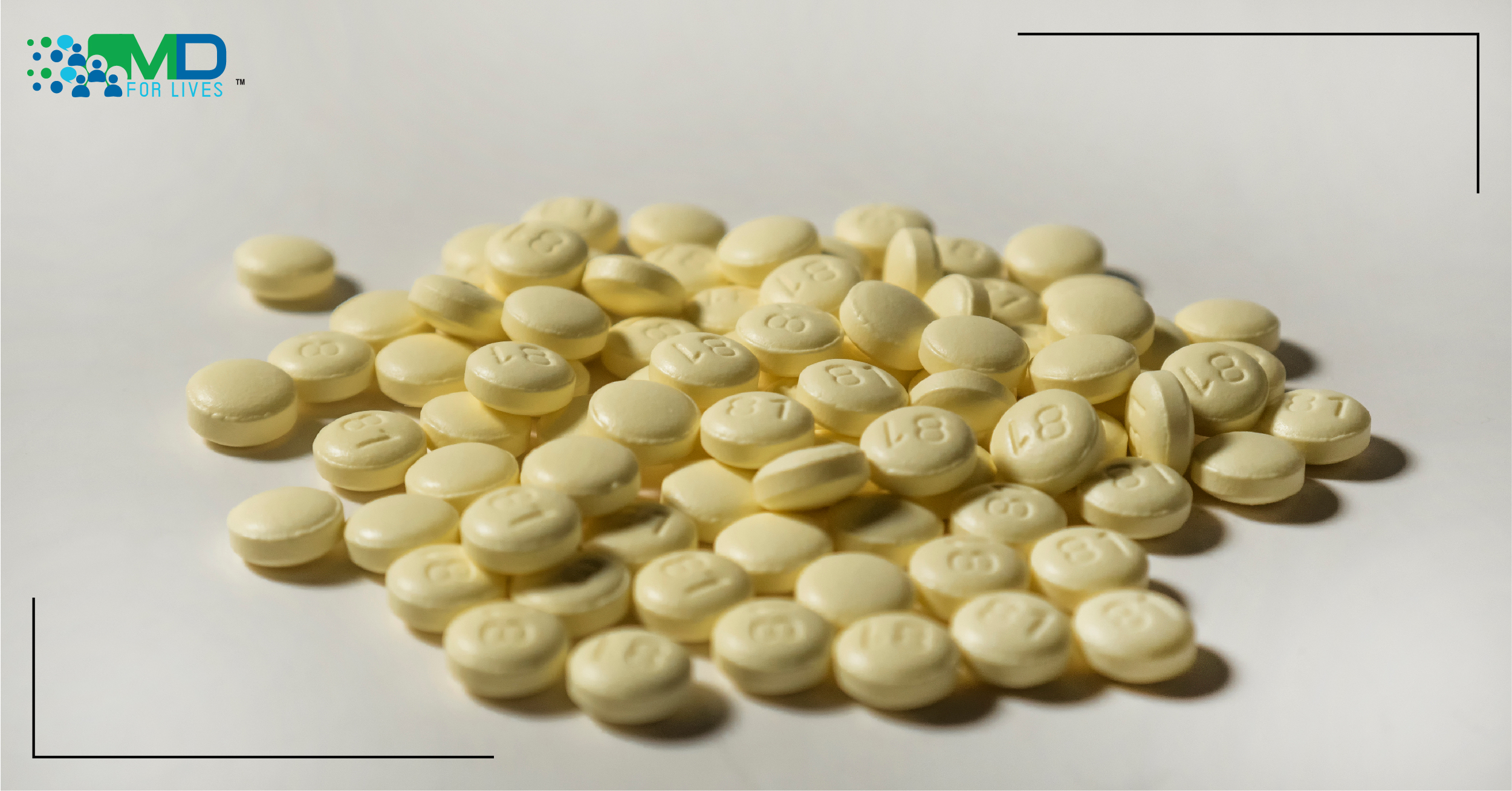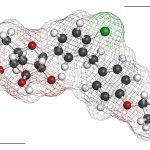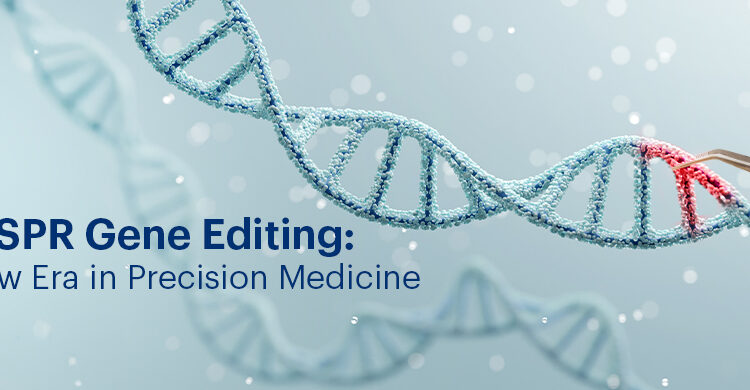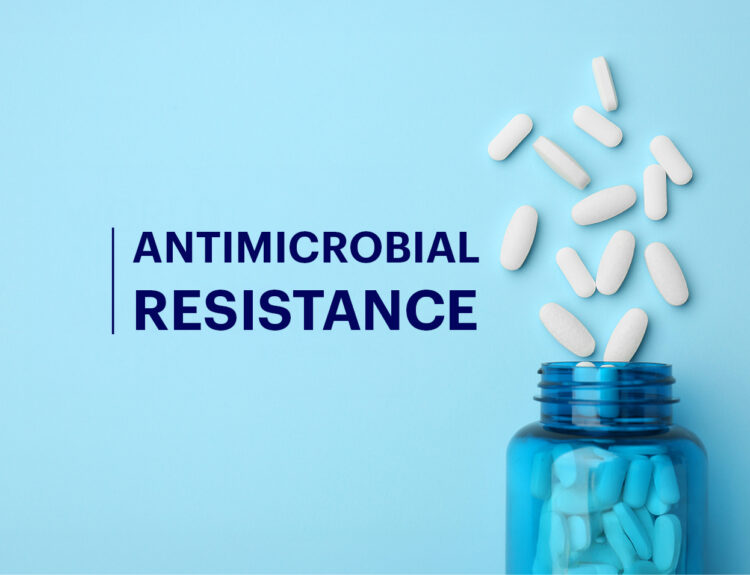Aspirin, the non-steroidal anti-inflammatory drug (NSAID) is used for a variety of indications, predominantly for cardiovascular diseases. Advances in understanding the mechanism of action of aspirin paved the way for new applications of aspirin for various conditions including cardiovascular disease, cancer prevention, preeclampsia, and much more. In this blog post, let us understand the benefits of low dose aspirin.
Low-Dose Aspirin: Benefits & Risks
It has been shown to prevent myocardial infarction, stroke, and cancer, and since then the use of aspirin has increased. A survey suggests nearly 29 million Americans take aspirin to prevent CVD, and 6.6 million (23%) of them take aspirin without a prescription.Although aspirin has proven benefits of cardiovascular prevention in a certain population, the risks of taking aspirin exceed its benefits. It is found that it can reduce the risks of cardiovascular disease but it comes with a higher risk of internal bleeding.
Daily dose between 75mg to 325mg can prevent or delay the onset of preeclampsia, prevent cancer, particularly colorectal cancer, prevent recurrent migraine, etc. Besides, it is also used to treat Kawasaki disease.
Low-Dose Aspirin in Obstetrics
Preeclampsia, hypertension that usually occurs after 20 weeks of gestational age is the leading cause of maternal and perinatal morbidity and mortality. The ACOG and the U.S. Preventive Services Task Force (USPSTF) recommend initiating low-dose aspirin in the late first trimester for women who are at high risk for preeclampsia.
Low-dose aspirin initiated in early pregnancy can reduce the incidence of preeclampsia and intrauterine growth restriction; preterm delivery and perinatal mortality among first-time mothers; and improve pregnancy outcomes in women who miscarried.
Studies suggest low-dose aspirin can reduce neurobehavioural problems in very preterm children.
It is associated with low-risk of maternal or fetal complications. However, a recent Swedish population-based cohort study suggests aspirin use during pregnancy can increase the risk of intrapartum and postpartum hemorrhage, also the postpartum hematoma.[8] It is also found the aspirin use during the first trimester can increase the risk of gastroschisis.
Low-Dose Aspirin For Cancer
Aspirin may possess protective effects against cancer, the antiplatelet action contributes to its antimetastatic effect. Platelets are involved in cancer metastasis. Aspirin inactivates cyclooxygenase and inhibits platelet function, and provides prophylaxis for cancer,particularly colorectal cancer. Several studies suggest long-term low-dose aspirin may reduce the overall cancer risk. It is also found the aspirin reduces all-cause and any cancer mortality, most prominently colorectal cancer mortality.
The benefits of aspirin are greatest for colorectal cancer, it significantly reduces the incidence and mortality in colorectal cancer. The USPSTF recommends the initiation of low-dose aspirin for the primary prevention of colorectal cancer in a specific population.

In contrast to the prior studies, a recent study conducted in the elderly population reported that it is associated with high rates of all-cause mortality, principally cancer-related deaths if consumed regularly or daily.
Low-Dose Aspirin for Cardiovascular Disease
The antithrombotic agent is well-known for the prevention of cardiovascular diseases. Thromboxane A2 (TxA2) derived from cyclooxygenase (COX)-1 stimulates platelet aggregation. The platelet aggregation and the following clotting cascade lead to vascular events. Low-dose aspirin, the irreversible inhibitor of COX-1 blocks platelet aggregation and prevents cardiovascular disease. Aspirin also inhibits COX-dependent vasoconstrictor formation, improves vasodilation, and prevents atherosclerosis progression.
Cardiovascular disease is the leading cause of mortality among people with type 2 diabetes. American Diabetes Association 2019 recommends aspirin for primary prevention in diabetic patients with a high risk of cardiovascular risk and low risk of bleeding.
Studies suggest it is effective for the initial treatment of Kawasaki disease and does not increase coronary artery damage.
Low-dose aspirin can prevent myocardial infarction and transient ischemic attack (TIA) and millions of people take it daily to prevent CVD. The findings of the ASPREE trial suggest the low-dose aspirin use in healthy elderly adults aged ≥ 70 failed to lower the risk of CVD but increased the risk of hemorrhage.[18] The American Heart Association no longer recommends aspirin for primary prevention of cardiovascular disease in adults > 70 years or for those with increased bleeding risk.[19]
Low-dose Aspirin for Other Conditions– Studies suggest low-dose aspirin can prevent recurrent migraine headaches,[20] also can reduce the progression of knee arthritis.
Adverse Effects– Daily low-dose aspirin can increase the risk of internal bleeding, primarily gastrointestinal bleeding and intracranial hemorrhage.
Conclusion
Low dose consumption of the drug may reduce cardiovascular disease and cancer in a certain group. A recent study suggests increased risks of bleeding outweigh the benefits of aspirin in primary prevention. The new ACC/AHA guideline recommends low-dose aspirin as primary prevention in individuals aged 40-70 with a high risk of CVD and a low risk of bleeding. Despite new guidelines, millions of Americans take it daily without any clear benefits. The self-prescription should be avoided and the risks and benefits of daily consumption of the drug should be evaluated before prescribing, particularly in older adults and primary prevention settings.








2 Comments
Aspirin Benefits: Uses, health benefits & risks of Aspirin | MDforLives Blog
5 years ago[…] an effective treatment for headaches, rheumatic fever, Kawasaki disease, etc. Studies suggest daily low-dose of aspirin can prevent cancer, preeclampsia, and cardiovascular diseases. […]
Aspirin Benefits: Uses, health benefits & risks of Aspirin - MDForLives
4 years ago[…] an effective treatment for headaches, rheumatic fever, Kawasaki disease, etc. Studies suggest daily low-dose of aspirin can prevent cancer, preeclampsia, and cardiovascular diseases. […]